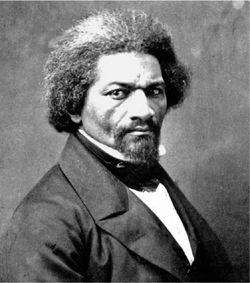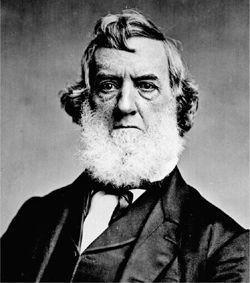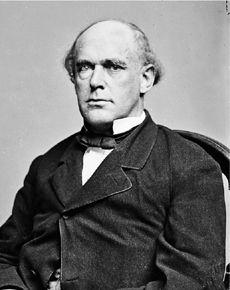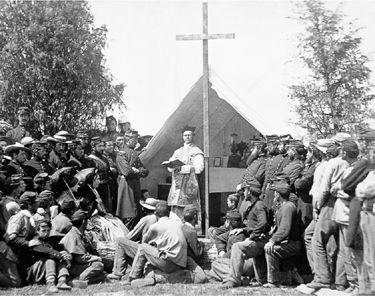A World on Fire: Britain's Crucial Role in the American Civil War (143 page)
Read A World on Fire: Britain's Crucial Role in the American Civil War Online
Authors: Amanda Foreman
Tags: #Europe, #International Relations, #Modern, #General, #United States, #Great Britain, #Public Opinion, #Political Science, #Civil War Period (1850-1877), #19th Century, #History

8.
London, view of the Royal Exchange. In 1861, Britain was the richest nation on earth. A trading country par excellence, its exports in the 1860s counted for a quarter of the world’s manufactured goods.

9.
Cambridge House, Piccadilly, where Prime Minister Lord Palmerston lived from 1855 to 1865. Sir George Trevelyan wrote of it: “Past the wall which screens the mansion / Hallowed by a mighty shade / Where the cards were cut and shuffled / When the game of state was played.”

10.
The chamber of the House of Commons. The pro-Northern faction of MPs led by William Forster and John Bright successfully prevented all attempts by pro-Southern MPs to persuade the house to vote in favor of recognizing Southern independence.

11.
Lord John Russell, 1st Earl Russell (1792–1878), foreign secretary. A cultured and intellectual man, but an abrasive politician, Russell held thirteen political offices during his long career in politics and was twice prime minister. He and Palmerston were referred to by Queen Victoria as “those two dreadful old men.”

12.
Henry John Temple, 3rd Viscount Palmerston (1784–1865), prime minister, popularly known as “Lord Cupid” when young and “Pam” when an elder statesman. His dislike of the United States went back to the War of 1812, when he was secretary at war, and was exacerbated by America’s protection of the slave trade. Palmerston’s brinkmanship was successful during the Trent crisis of 1861, but his bluff was called three years later by the Germans.

13.
Charles Sumner (1811–74), senator for Massachusetts. Until the Civil War, he was the most revered U.S. politician in Britain on account of his unflinching campaigns to abolish slavery and win equal rights for blacks.

14.
Frederick Douglass (1818–95), writer, orator, and leading abolitionist in America. Douglass campaigned in Britain several times, and in 1859 briefly fled to London to avoid persecution after the radical abolitionist John Brown tried to start a slave uprising by raiding the armory at Harpers Ferry, Virginia.

15.
Gideon Welles (1802–78), U.S. secretary of the Navy. Nicknamed “Father Neptune” by Lincoln because of his flowing beard, Welles was a lawyer and journalist with no maritime experience before his appointment. His loathing for William Seward, the secretary of state, interfered with their ability to work together.

16.
Salmon P. Chase (1803–73), U.S. secretary of the treasury. An effective treasurer who established a national banking system and paper currency—the greenback—he was also a schemer who tried to engineer the dismissal of William Seward in 1862 and the removal of President Lincoln from the Republican ticket in 1864.

17.
General George McClellan (1825–65), commander of the U.S. Army of the Potomac, 1861–62. He was removed by President Lincoln after the Battle of Antietam for being overly passive and cautious.

18.
The 69th New York Irish Regiment, the “Fighting 69th,” one of the five Irish-dominated regiments that made up the Irish Brigade of the Union Army of the Potomac. The regiment suffered disproportionate losses at the Battle of Fredericksburg.
